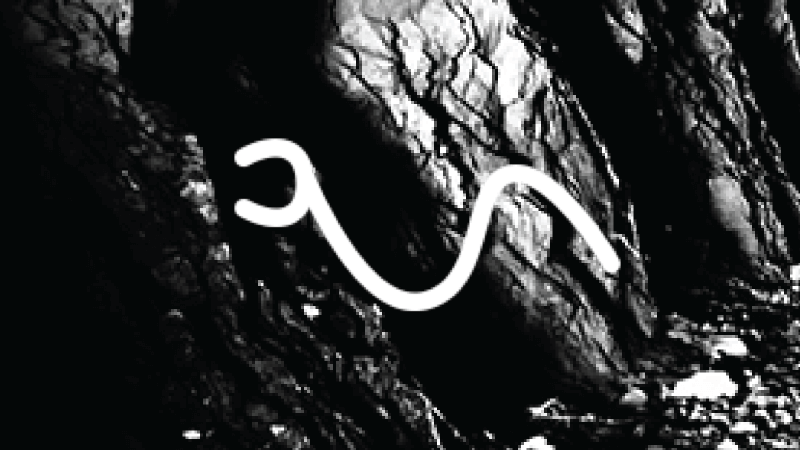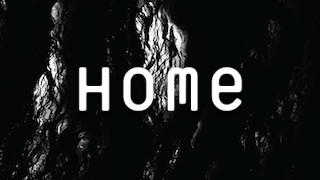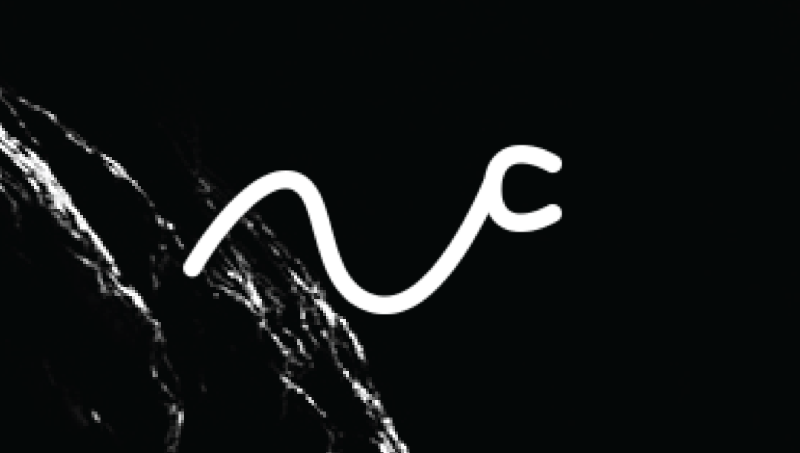The Merman in the Fishbowl: A Review of These Queer Merboys by Serge ♆ Neptune
These Queer Merboys by Serge ♆ Neptune
Broken Sleep Books, £6
Mermaids are in the news these days. The Trinidadian-born British writer, Monique Roffey, recently won the Costa Book of the Year prize for her novel The Mermaid of Black Conch. Disney is filming a new, live-action version of The Little Mermaid, starring Halle Bailey as Ariel (Malcolm Gladwell in June excoriated the 1989 animated version in an interview with CNN’s Fareed Zakaria). On the surface, Serge ♆ Neptune’s debut pamphlet These Queer Merboys, which was published last year, might seem poised to surf the zeitgeist. But as its title suggests, this is a work that is all about swimming against the tide.
Mermaids have dominated the news cycle for a long time, but there is actually an equally long tradition of mermen in many parts of the world. On the island of Tobago in Trinidad and Tobago, there are no mermaids. Rather, there are mermen who come seeking inland lovers—usually river maids. In a 2015 essay for The New York Times, Trinidadian writer Sharon Millar observed that Tobago mermen “are said to be handsome, with flowing hair, wearing the luxurious formal wear of centuries past, and are reputed to grant favors to mortals, changing financial fortunes, bestowing musical skills and the gift of genius.” So for me, a Trinidadian reader, Neptune’s work excavates something that feels at once familiar and fresh.
But These Queer Merboys is not simply seeking to even the score on behalf of the XY chromosome. Just as mermaids and their plight are often symbols of the marginalisation of female experience, the merman for Neptune is the perfect conceit for the ostracisation of the queer within intolerant society. In the prose poem ‘There’s a Tank at London Aquarium, Near the Sharks’, the tank is:
filled with mermen, and people observe with their mouths
wide open how the mermen flex their tails and plunge, such
movements, such colours, such gleaming scales like sequins
on a ball gown refracting light, Hollywood smiles and giddy
faces, the agility they jump and glide with and how they
carry themselves, with seaweed and seashells around their
necks and arms, the same glamour stage stars wear neck-
laces and feather boas with, and you can afford to stay too
close to the glass as the mermen are not threatening and the
audience watching is really entertaining.
The first thing to observe here is the proximity of the queer to the sharks of the title, the ever-present danger that the tide might turn, notwithstanding how much progress has been made. Additionally, of course, there is the idea of the queer being crudely put on display like animals in a zoo. Fetishisation, sanitisation—two sides of the same coin in a process that is more about complaisance and the appeasement of “straight” society, thereby marking some bodies as existing outside of accepted structures. These mermen are stripped of their wholeness and dignity in the process. They become mere diversions, perhaps a passing fad, to onlookers—one of whom remarks: it’s almost like real life. There is, here, another layer. Some popular optical illusions of the nineteenth century involved fish tanks and aquariums filled with water or mineral oil in which images of nude mermaids were projected for the enjoyment of men. The surreal scene presented by Neptune therefore becomes a satirical ripple of the past. The illusion is the idea that what is being seen is somehow not real.
But in the next poem, ‘A Child Comes Out As a Merman’, the subtext of the work rises to the surface, drained of all escapism and play. We see all too clearly the kingdom that has been for so long submerged, an ominous tone set from the poem’s very opening bars: “darkness landed on our living room / like a butterfly on an open flower”. A child’s coming out is met with a scathing response. Religious leaflets appear on his pillow the morning after courtesy his mother. His father tells him he knows nothing. By the closing lines the child self-harms: “the water in my bathtub was all cherry, I tried to stop / the flowers of my wrists from blossoming”. A terrible synergy occurs between pain and truth-telling with flowers blossoming from wrists. The enjambment after stop renders “I tried to stop” its own statement bearing multiple suggestions: of trying to fight nature; of trying to stop the attempt at self-harm.
Conversely, the pleasures enjoyed by those on the down low who conceal truth are explored in ‘Melusine Boys’; Melusine being, I have been told, a figure of European folklore who is a serpent or fish from the waist down. In this poem, closeted men pick up boys, go through much effort: “Some have waited / patiently, saving carefully, hiding the money / from their wives”. Until, that is, shame hits:
The men that once had bedded us now chained us
to the stakes,
tucked us in engulfing flame. Before demise
we sang
to them a song so sweet & blithe they’d dream of it
& at the apex
of our highest note they followed us into the fire
& burned with us.
I think of the contemporary world here but also the past: the transformation, for instance, of gay Berlin from its heyday before Hilter to its swamp of intimate betrayals that paved the way for the Holocaust. A simple thing like the use of the word “tucked” has profound polyvalence in these lines: tucked as in folded into flame. But also tucked as a reference to the technique used by drag queens to conceal male body parts, in the way that the queer must also be concealed when placed in danger by intolerant masses. Fire, that symbol of both passion and truth, is here the embodiment of a torturous denial that confirms what is hidden. It is a vicious cycle where, in a later poem, Neptune declares: “even / the greatest of men here founder”.
The entire sequence becomes a lament for submerged freedoms. Its playfulness is bittersweet, its cheekiness edged with heartache. Neptune takes a mythological figure that might seem cartoonish in some contexts, and plumbs its depths. It is a sense of realness that, paradoxically, comes through most powerfully: a sense of heartbreak, self-hate, self-love, denials, affirmations, ordinary and extraordinary moments, private realisations that flitter from the personal to the broad church of the political. (Such antinomies are also apparent in the poet’s more recent work, such as the poem ‘I will love a man whose eyes are tempest’ which was published earlier this year in fourteen poems.) By the closing poem, ‘The Beginning of Dawn’, the entire city of London is captured in four gentle couplets, wherein someone says I love you on a ferry boat on the Thames, and we are left contemplating the political implications of such a simple statement for the LGBT+ community, as well as clinging to the beautiful thought that Neptune has only just begun.



